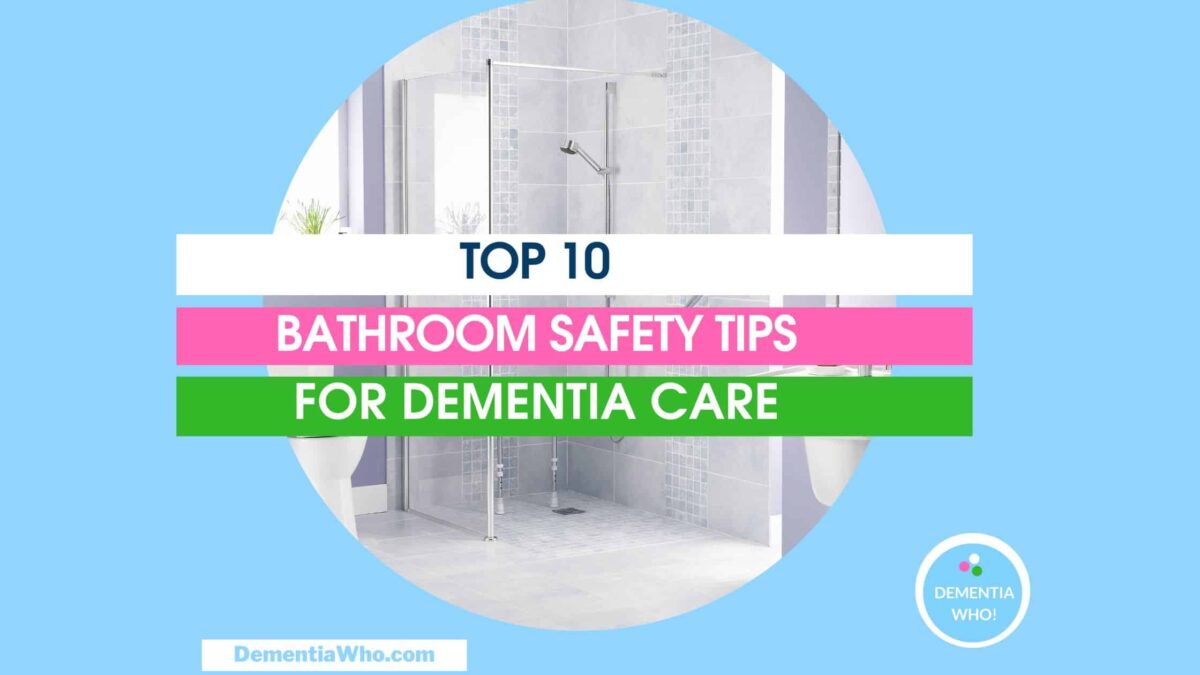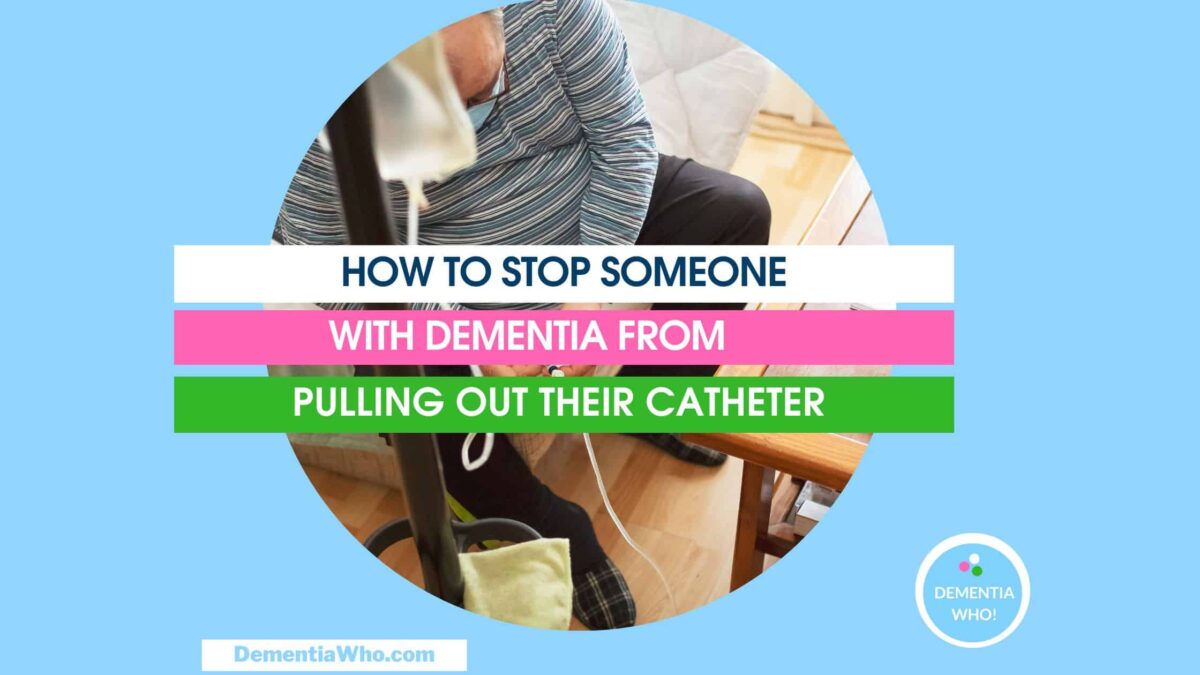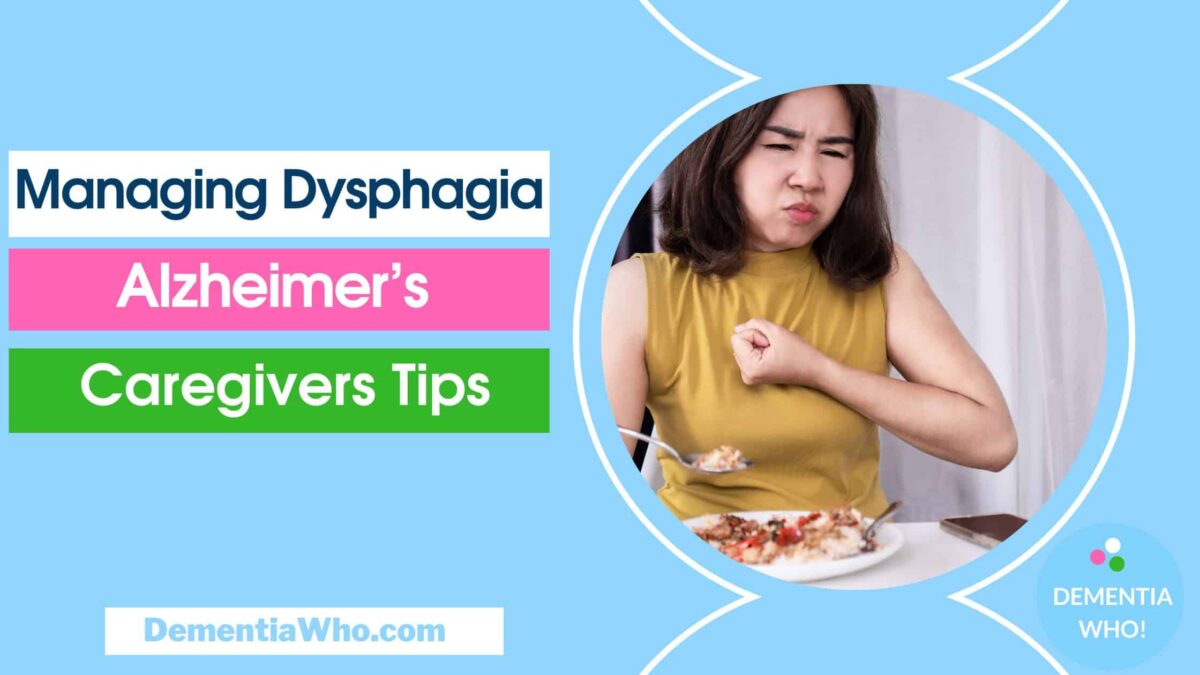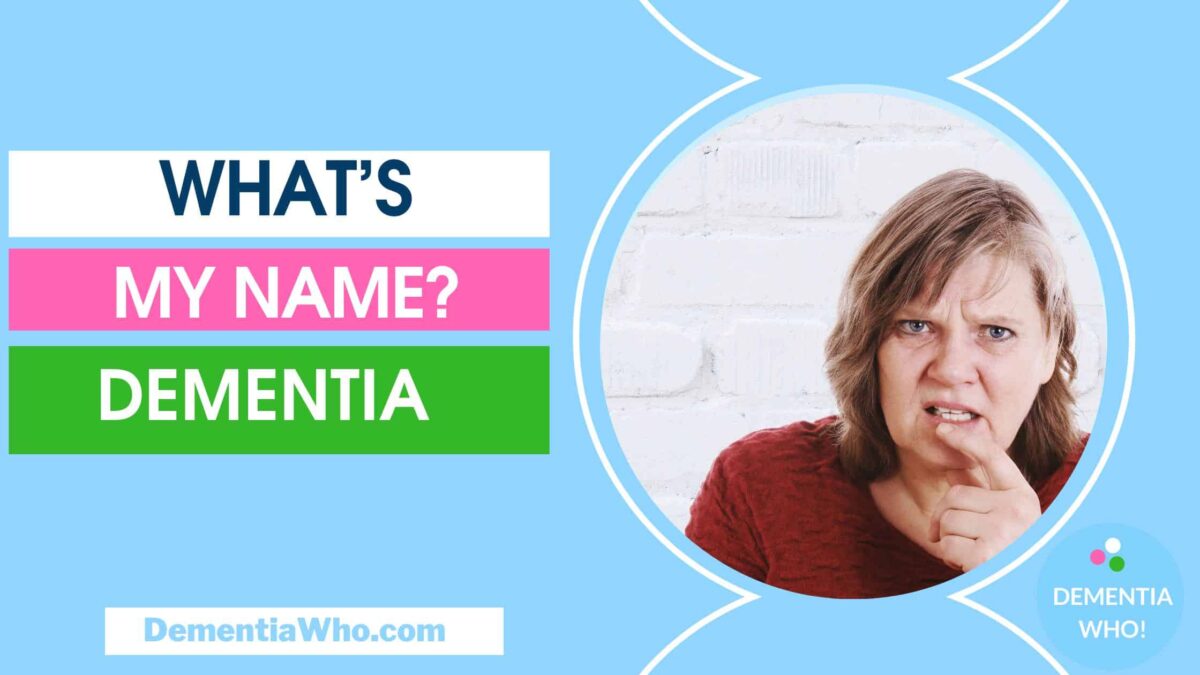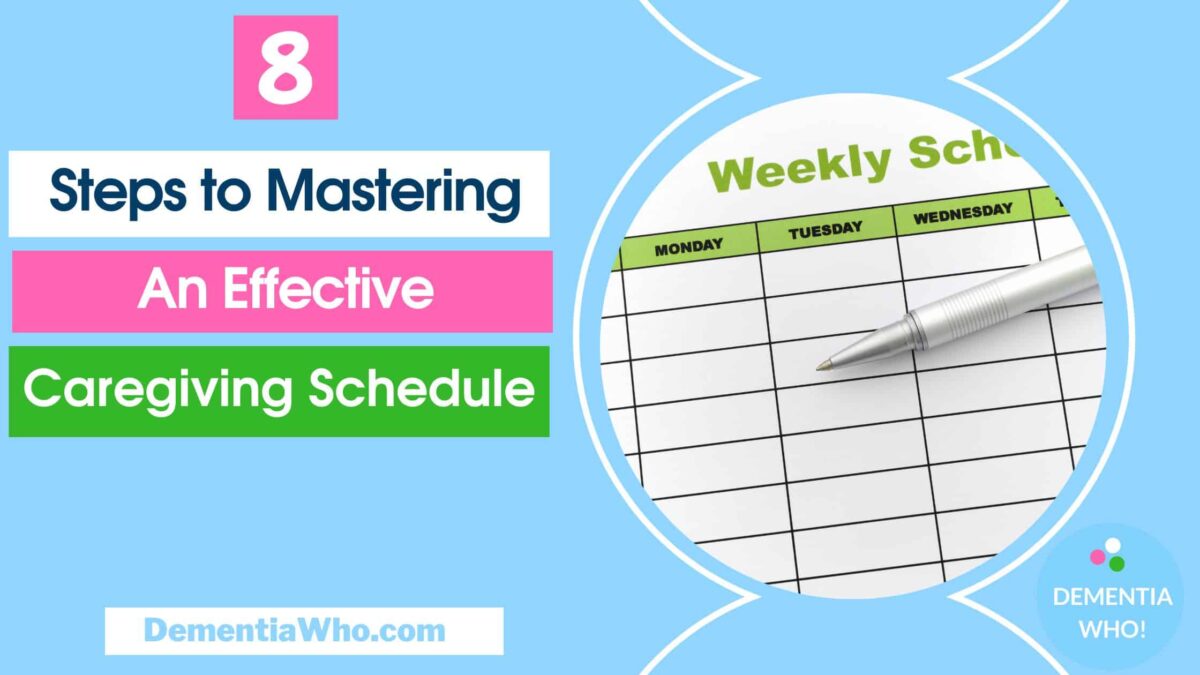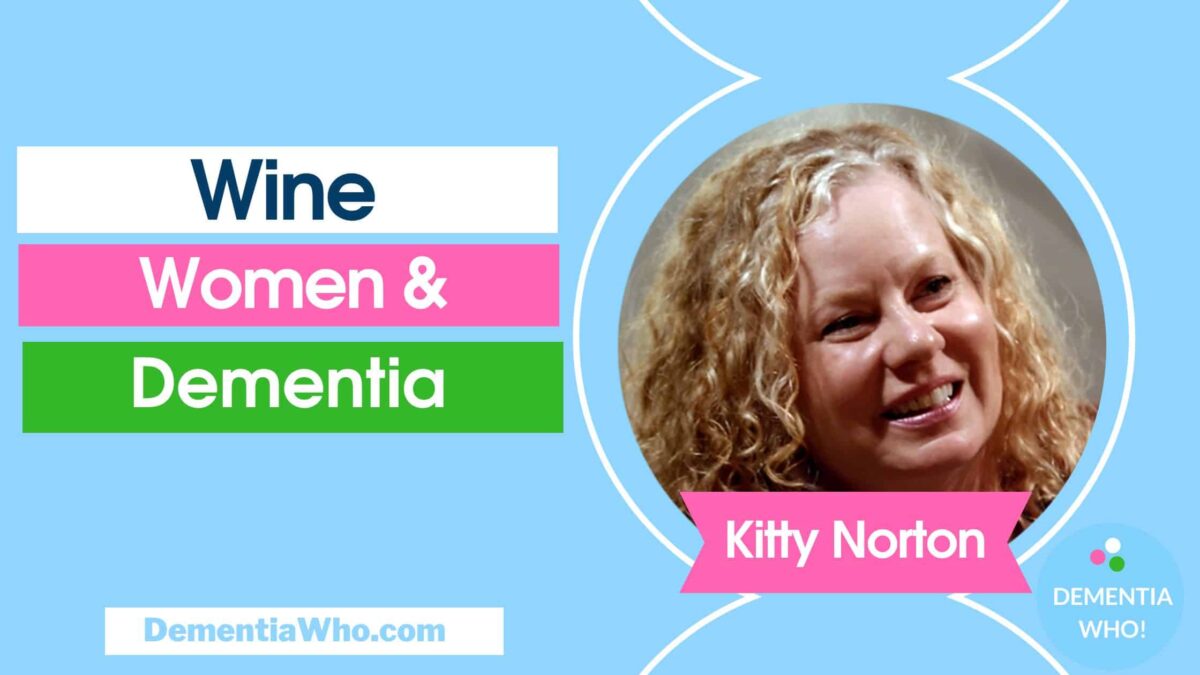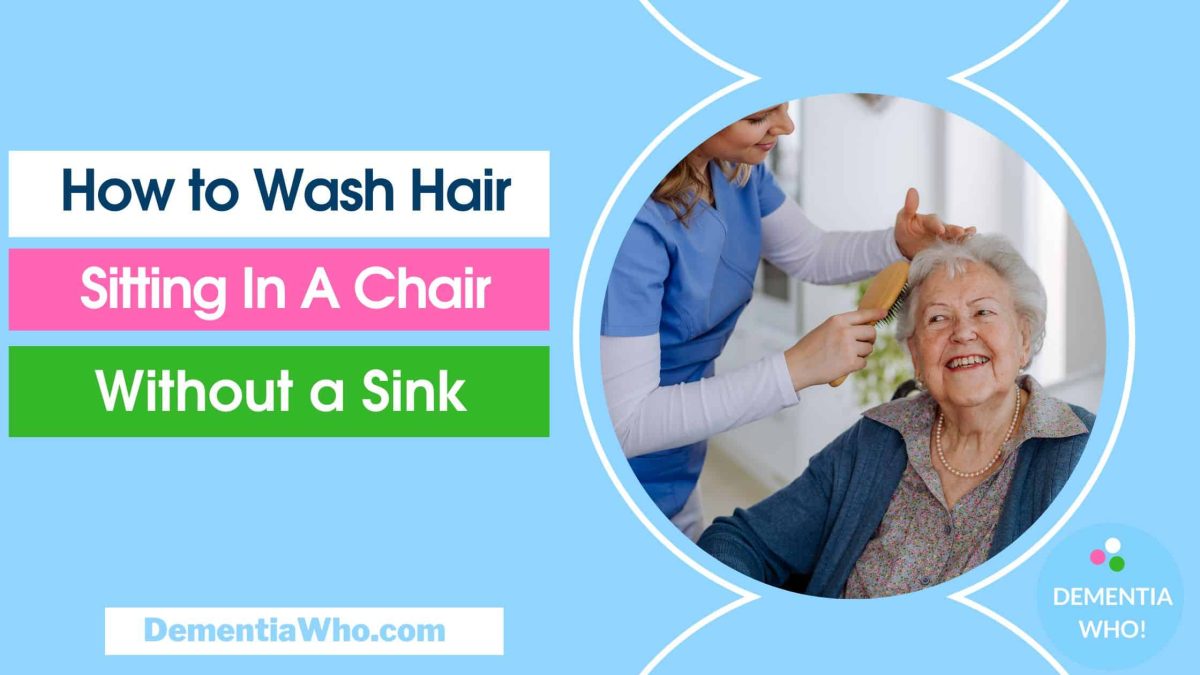In this article, I will share 11 visual art activities for early stage dementia. These activities aim to provide cognitive stimulation, self expression, promote creativity, and enhance overall well-being for your loved ones with early stage dementia.
Related: How Art Can Help Those With Dementia and Their Caregivers
Whether it’s painting, sketching, or photography, the possibilities are endless for your loved ones to enjoy various forms of visual art activities but here are 11 ideas to get you started! Just adapt them to suit your needs!
Related:
11 Visual Art Activities for Mid Stage Dementia
11 Visual Art Activities for Late Stage Dementia
- Activity 1: Watercolour Resist Art
- Activity 2: Digital Art
- Activity 3: Collaborative Murals
- Activity 4: Guided Imagery with Art
- Activity 5: Fluid Art
- Activity 6: Clay Sculpting
- Activity 7: Photography Walks
- Activity 8: Watercolour Painting
- Activity 9: Colouring Mandalas
- Activity 10: Sketching and Drawing
- Activity 11: Art Journal
- Conclusion
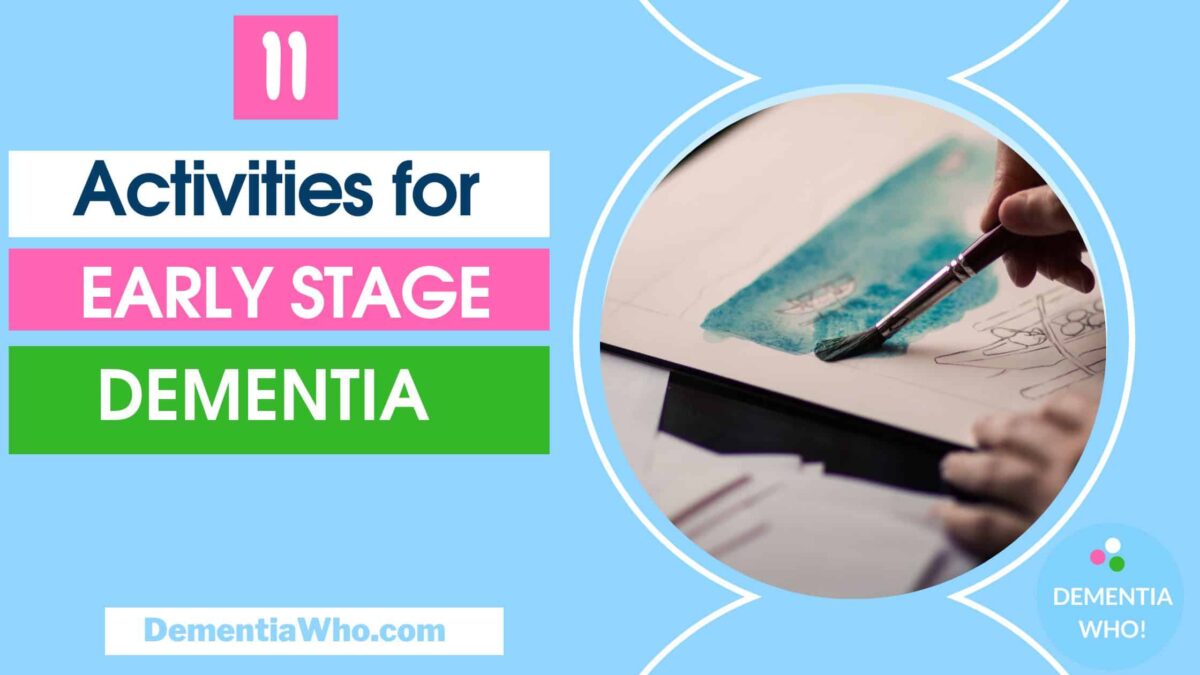
Activity 1: Watercolour Resist Art
Description: Watercolour resist art is a versatile technique through combining watercolours and a resist material like wax or oil pastels that can provide a powerful form of creative expression for your loved ones with early stage dementia. You can use wax (try using tea lights candles) or wax white crayons on paper, then paint over with watercolours to reveal the design and create resist art pieces.
Tools Needed: Wax, White crayons, watercolour paints, paper, brushes.
Benefits: Sensory stimulation, creative outlet for self-expression, vibrant colours and textures of the watercolour paints can also provide visual stimulation
Safety Concerns: Non-toxic materials and avoid ingestion
Activity 2: Digital Art
Description: Digital art is a form of artistic expression that utilises digital technology to create 2D or 3D unique and captivating visuals. Unlike traditional art forms, digital art allows for endless possibilities, as your loved ones with early stage dementia can manipulate images, colours, and textures using Tablets and easy to use art apps.
Tools Needed: Tablet, stylus, simple digital art application like Procreate, Photoshop
Benefits: Engages with technology, creative freedom.
Safety Concerns: Monitor for eye strain, ensure comfortable use of technology.
Activity 3: Collaborative Murals
Description: Collaborative murals involve a group of individuals coming together to create a large-scale artwork. This can be done using a variety of techniques such as painting, collage, or even incorporating different textures. The process of working together to create a mural allows your loved ones with early stage dementia to express themselves creatively and interact with others in a meaningful way.
Tools Needed: Paints, brushes, large canvas or wall space.
Benefits: Social interaction, sense of community.
Safety Concerns: Avoid overexertion, ensure safe space.
Activity 4: Guided Imagery with Art
Description: Guided imagery with Art involves using vivid descriptions and storytelling to encourage your loved ones with early stage dementia to create mental images that transport them to a peaceful or enjoyable place. This technique can be combined with simple art activities such as drawing or painting to enhance the experience further
Tool Needed: Imagery scripts, simple art materials
Benefits: Relaxation, cognitive stimulation.
Safety Concerns: Ensure content is calming and appropriate.
Activity 5: Fluid Art
Description: My favourite, time to get messy! Fluid art, also known as acrylic pouring or paint pouring, involves pouring and manipulating different coloured paints onto a canvas, creating mesmerising patterns and designs.
Tools Required: paper, acrylic paints, pouring utensils
Benefits: Fun, engages the senses, promotes a sense of relaxation and creativity
Safety Issues: Ensure that the painting area is well-ventilated and protected with newspapers or plastic sheets.
Activity 6: Clay Sculpting
Description: Sculpting with clay provides a tactile and therapeutic experience for your loved ones with early stage dementia. Your loved ones will enjoy moulding and shaping clay to create their own sculptures. This activity allows for tactile engagement and fosters self-expression through three-dimensional art.
Tools Required: Soft clay, sculpting tools (if desired), and a flat surface for working.
Benefits: Clay sculpting stimulates hand-eye coordination, enhances finger dexterity, and provides a tactile and sensory experience.
Safety Concerns: Be mindful of hand strength and dexterity, providing support if needed. Careful using sharp sculpting tools to avoid accidents.
Activity 7: Photography Walks
Description: Encourage your loved ones to explore the world through photography. Going for walks and taking photographs of nature or cityscapes using simple digital cameras or smartphones capturing moments and subjects that resonate with your loved ones with early stage dementia. These photos can be later printed and used to create personal photo albums, fostering a sense of pride and accomplishment.
Tools Required: Digital camera or smartphone with a camera app.
Benefits: Encourages exploration, memory stimulation, connecting with nature,
Safety Concerns: Risks of falls, ensure appropriate footwear & any mobility support e.g walking sticks, and neck/wrist straps to avoid accidental drops of devices
Activity 8: Watercolour Painting
Description: Encourage your loved ones to experiment with watercolour paints to create beautiful and vibrant artworks. They can explore different techniques such as wet-on-wet, wet-on-dry, and blending colours to create unique compositions. Think about joining a beginner’s class (or more advanced if your loved one is experienced in art) or use Youtube tutorials to guide you.
Tools Required: Watercolour paper, watercolour paints, brushes, water cups, and a palette.
Safety Issues: Ensure that the painting area is well-ventilated and protected with newspapers or plastic sheets.
Activity 9: Colouring Mandalas
Description: Colouring Mandalas are colouring books filled with intricate patterns that can offer a sense of structure and focus. They can reduce stress through the repetitive motion of colouring. Colouring mandalas can be calming and soothing, and helping reduce anxiety for your loved one with early stage dementia.
Tools Required: Mandala colouring sheets, coloured pencils, crayons, or markers.
Benefits: promote relaxation and mindfulness
Safety Concerns: Use non toxic markers
Activity 10: Sketching and Drawing
Description: Sketching and drawing can be an incredibly rewarding activity for your loved ones expressing themselves and capturing moments through art. Still life drawings are a great way to start and find inspiration, allowing them to relax and unwind while exploring their creativity.
Tools Required: sketchbook, pencils or charcoal, and an eraser
Safety Concerns: None
Activity 11: Art Journal
Description: Creating a memory care journal can help preserve precious memories and provide a sense of comfort and joy. Your loved ones can express themselves freely in an art journal using a combination of drawing, painting, collage, and writing to document their thoughts, memories, and emotions.
Tools Required: Journal or sketchbook, various art supplies like pencils, pens, paints, scissors, and glue.
Benefits: encourages self-expression, help preserve precious memories, a sense of comfort and joy.
Safety Concerns: Careful with scissors.
Conclusion
Creative visual art activities can make a significant difference in your loved one’s overall well-being. Visual arts are a versatile therapeutic tool, offering a range of activities tailored to suit your loved one’s preferences and capabilities. Incorporating art activities into daily care routines is a valuable and effective approach to supporting your loved ones with early stage dementia. They can bring joy and a sense of wellbeing.
Overall, art therapy in the early stage of dementia is a multifaceted tool that can support cognitive function, emotional well-being, and social engagement, all of which are crucial for maintaining a high quality of life as the condition progresses.

